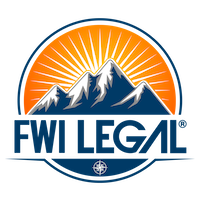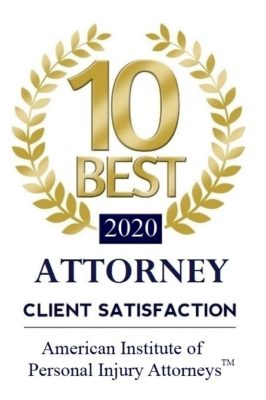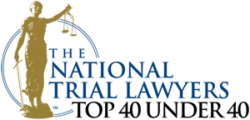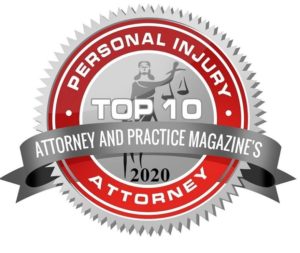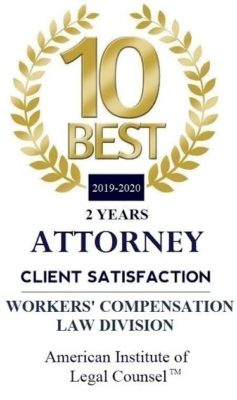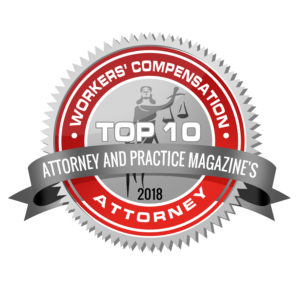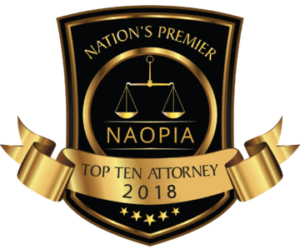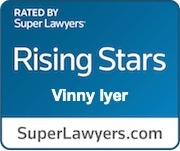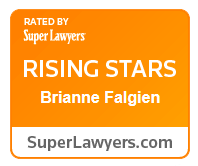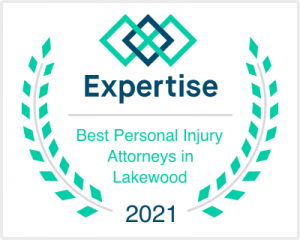Sympathy is one of the great human traits. It shows another person who is suffering that although you don’t know exactly what they’re going through, they are being heard, recognized, and loved.
As a firm that exclusively deals with injured individuals, sympathy is critical to what we do. Injuries can take many forms, including physical and emotional manifestations.
These wounds all wreak havoc on a person, sometimes in ways they themselves don’t even recognize. Someone who is hurt may have secondary symptoms such as feeling disengaged, depressed, weak, tired, or appetite changes. Our goal is to understand these nuisances and be a sympathetic, steadying source of comfort and knowledge.
However, sometimes the best teacher is firsthand experience: empathy.
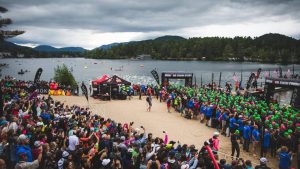
Background
I’ve written about this before so I’ll keep it brief. For the past year or two, I’ve been training to do my first-ever full Ironman triathlon in Lake Placid on July 20th. For those of you who don’t know what this is, it’s a race that starts with a 2.4-mile swim, then a 112-mile bike ride, and finishes with a literal marathon: running 26.2 miles. All told, it’s 140.6 miles in a single setting, and it takes a ton of preparation.
Training had been going well until March 29th when I fractured my toe. Since then, I haven’t been able to run at all, but that first provider told me that I could still swim and bike (and spoiler alert, that advice may have been extremely harmful to my recovery). I therefore kept up my intense swimming and biking, afraid to lose conditioning for the biggest physical event of my life.
When I went to my first follow-up three weeks after the injury, the x-rays showed no signs of healing.
You could tell that the medical professional thought this was bad, even though she wasn’t saying as much. Concerned, I reached out to a doctor friend of mine (FWI Legal knows many!) and he said I should not have been doing any activities, I possibly needed to be on crutches, and I should see a specialist asap. He told me there is a risk of non-union, meaning the bone doesn’t heal and would require surgery. I was shocked.
The Toll
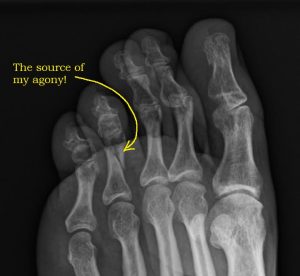
I have to admit, the impact this injury is taking on my well-being is immense. It feels like it has gone from being “probably just a stubbed toe” to a brick wall, jeopardizing my races for the year.
All the travel arrangements have been made for Lake Placid, entry fees are paid, and family is traveling to support me. Beyond that, it’s a personal goal that has driven me daily for such a long time, and now all I can think about is how it’s slipping away.
But for most people I interact with, it’s not something I talk about. For most people, I’m still the guy that loves dad jokes and board games. And if they do know about it and ask, I try to shrug it off, make a joke about it, and change the subject. But internally… I’m not doing well. And I’m realizing now more than ever that I’m not the only one who does this. Many people are fighting silent battles.
Application to Professional Life
Perspective is a powerful thing. While I know this broken bone is currently “destroying my life,” if I can be so dramatic, I’m incredibly lucky things are not worse.
What if this prevented me from working? What if I couldn’t afford the doctor visits? What if I had to be heavily medicated to make it through the day? What if I was going to be left with a permanent disability?
These are the kinds of situations our clients are going through. Over the past month, I’ve often thought “if one foot injury is causing me this much grief, how much worse is it for the people we represent?” It’s been eye-opening.
Their livelihoods are often at stake. Recovery for them can mean years, not just months. They’re dealing with insurances refusing to cover damages and defense doctors calling them exaggerators and liars. I mean, my word – can you imagine how brutal that is?
Maybe I can’t be fully to their situation, but I certainly have a renewed appreciation for their struggles.
How I’m Coping
Hope is an equally important human trait, so I want to end on a positive note. Here are some of the things helping me get through the recovery:
- Seeking out inspiring stories: Learning about other people’s victories gives me emotional boosts. My current favorite is about David Roche, who broke a 19-year-old course record for the Leadville 100-mile ultramarathon in 2024. While this is incredible in and of itself, the real miracle is around four months prior to the race, he was hit by a car while cycling and nearly died. If he can overcome that, surely I can simply finish my Ironman!
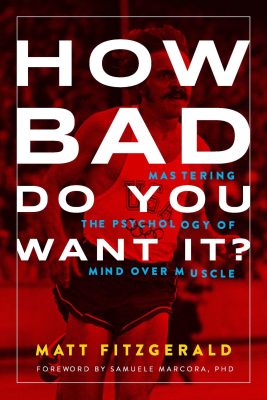 Improve other race elements: I may not be able to physically train, but that’s only one piece of the puzzle. I’m stepping my nutrition game up in order to drop some body fat. I’m recommitting to a sleep schedule. I’m studying the Lake Placid course (something I’ve never bothered doing).
Improve other race elements: I may not be able to physically train, but that’s only one piece of the puzzle. I’m stepping my nutrition game up in order to drop some body fat. I’m recommitting to a sleep schedule. I’m studying the Lake Placid course (something I’ve never bothered doing).
I’m also rereading related books like 80/20 Triathlon by Don Fink, V02 Max Essentials by Brady Holmer, and (very applicable!) How Bad Do You Want It? by Matt Fitzgerald, a book about overcoming obstacles with mental toughness.
- Revisit other hobbies: Now that I’m forced to sit out for a bit, I’ve realized triathlon training has consumed my free time at the cost of other hobbies I enjoy. I’ve now been able to revisit my other areas of interest such as magic, painting, writing, and French-language practice. I’ve also picked up some new ones, like smoothie making. I’ve never eaten so much kale in my life!
Closing
I don’t know who will read this, but if you have, I really appreciate it. This blog has been a cathartic experience for me, and even if it has helped you in the smallest way, that makes me happy.
Life is full of highs and lows, and times of injury can be some of the deepest holes. This toe fracture has taught me that firsthand, and I’m personally going to recommit to kindness for my clients.
If you’re reading this and wrestling with injuries, please know we’re cheering for your success. If you need someone to talk to, reach out to us and we’ll do our best to share our resources and help you through it.
